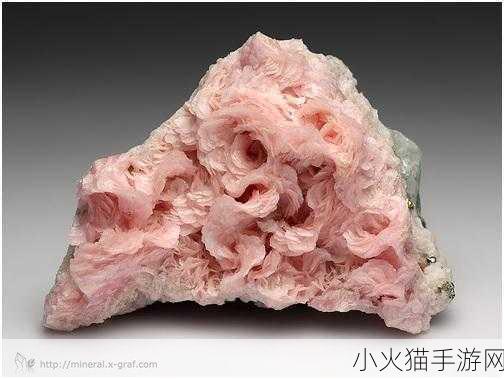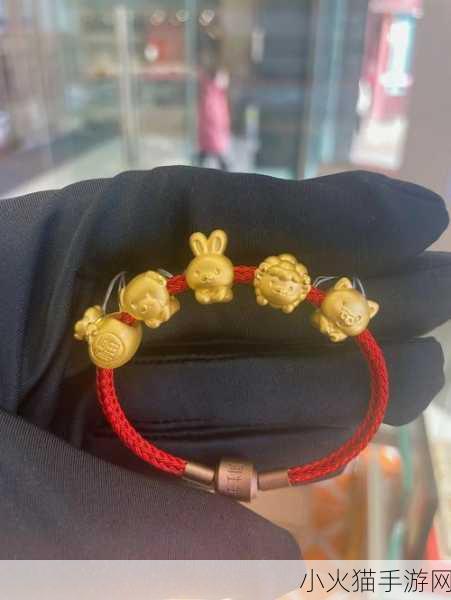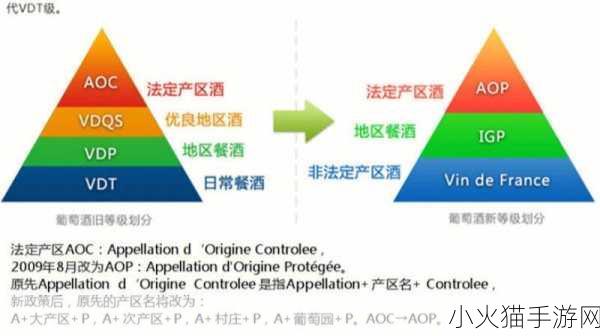自我奖励的心理机制
当人们完成一项任务或达到某个目标时,常会利用自我奖励来激励自身。这种做法不仅是对努力成果的一种认可,也能增强未来继续努力的动力。研究表明,自我奖励有助于形成积极的反馈循环,让个体在享受成就感时,同时提升了自信心。
如何有效地实施自我奖励
制定合理且具体的目标,是实施自我奖励的重要前提。清晰明确的小目标更容易让人在达成后获得满足感。例如,一个学生可以设定每天学习2小时,并在实现后给予自己一些小礼物,如看一集喜欢的电视剧或者吃点零食。这样,不仅能够保持学习热情,还能通过正向刺激强化行为习惯。
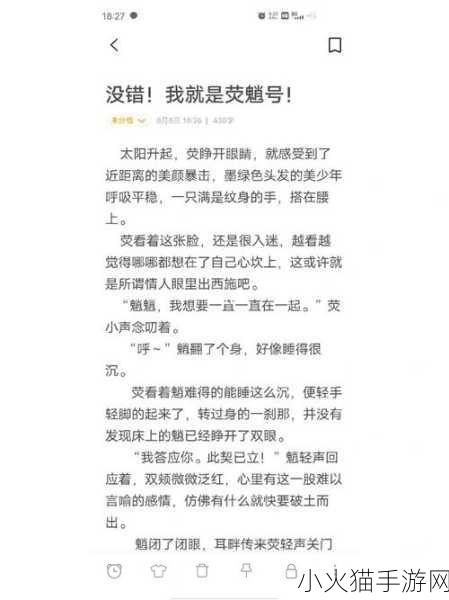
避免沉迷于即时回报
虽然及时的奖赏吸引很多人,但过度依赖短期回报可能导致注意力分散。在追求长期目标过程中,更应考虑怎样将大目标拆解为多个阶段性里程碑,每一个成功都值得庆祝,而不仅限于最终结果。例如,一位健身爱好者可以选择每减掉1公斤体重,就进行一次电影之夜,以此鼓励持续坚持锻炼。
社交支持与共同庆祝
和朋友、家人的分享同样是强大的动机。当达成某个重要里程碑后,与他人一起庆祝,可以增加体验中的愉悦感。同时,这也创造了一种社会责任感,让个人更加不愿意轻言放弃。此外,共同参与活动,比如组织聚餐或户外运动,有助于巩固关系并提高相互间支持意愿。
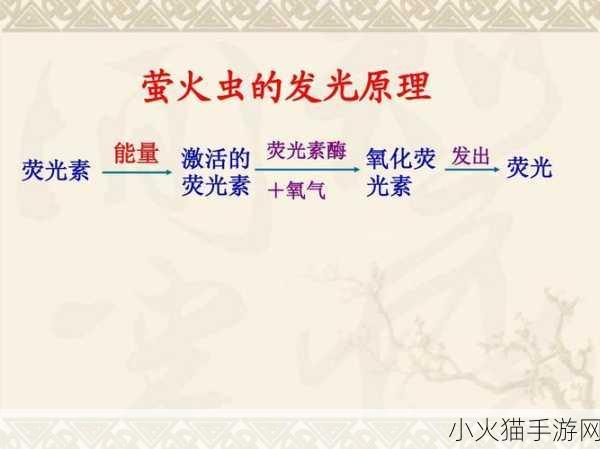
评估与调整策略的重要性
T为了确保长效激励效果,定期反思和调整自己的自我奖励策略尤为关键。如果发现某些方式无法带来预期收益,应勇敢尝试新的方法。有时候,只需改变一下形式,例如从传统金钱津贴转变为精神上的满足,都可能焕发出新的动力源泉。因此,持久关注内心需求变化对于维持良好的状态至关重要。
Anxiety and Self-Rewards: The Connection
An increasing body of research highlights the intricate relationship between anxiety and self-reward mechanisms. For individuals who struggle with anxiety, setting achievable goals can alleviate feelings of overwhelm. Once these small victories are achieved, rewarding oneself—be it through a favorite snack or leisure activity—can provide immediate relief from stressors. Understanding this connection allows for tailored strategies that cater to both emotional well-being and personal growth.
The Role of Mindfulness in Rewarding Oneself
Merging mindfulness practices with self-reward systems introduces an added layer of depth to motivation techniques. By remaining present during the reward process, individuals become more attuned to their emotions and needs. This consciousness not only heightens appreciation for achievements but also encourages a healthier relationship with rewards themselves—shifting focus from mere indulgence toward genuine fulfillment.
- #智能游戏中探索心理学应用
- #健康生活:适度饮食与运动平衡
- #建立高效时间管理技巧以提升生产力
